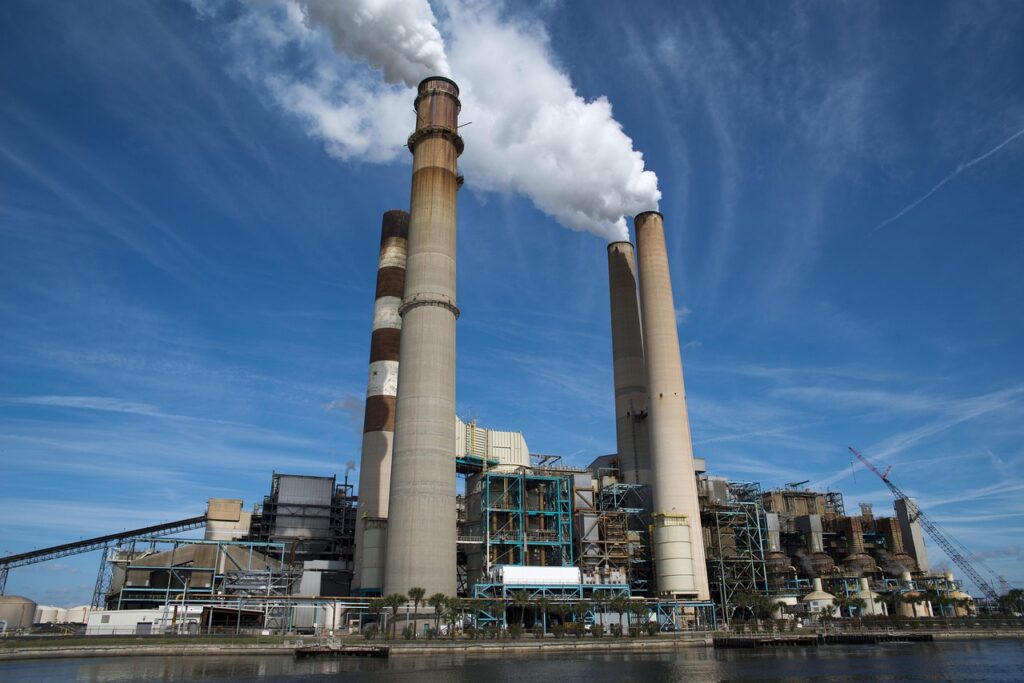Economics Module 2 - Externalities
- Instructor Prep: 2 hours | Seminar: 1 class slot
- Keywords: Externalities | Market failure and intervention | Greenwashing | Spillover effects
INTRODUCTION
This is the second module for the Economics section of Unplastic. It focuses on Externalities and includes an in-class activity. The guide and activity are designed to be used in tandem with the slides available on this website. The slides include ample supplemental information for each section in the presenter’s notes.
If plastic causes environmental harm, why is it still so cheap and used everywhere? How can we calculate the ‘real’ costs of plastic? In this module, students gain insights on the actual costs of plastic. This module stimulates students to think about ways in which we can address plastic pollution from an economic perspective.
In this module, we approach the plastic pollution problem through an economics lens. Plastic pollution is framed as a negative externality, which occurs because the economic system allows producers and consumers alike to reap the benefits of using plastic – without accounting for the costs. Moreover, students learn how different countries and companies contribute to plastic pollution. After learning about stakeholders, waste management, and the interaction between plastic pollution and inequality, students zoom in on a case study to tie together their new knowledge. Finally, in an interactive exercise, students team up in small groups to investigate mini scenarios involving plastic pollution externalities, and their respective solutions.
LEARNING OUTCOMES
At the end of the module, students are able to:
- Explain the concept of positive and negative externalities, and distinguish between negative production and consumption externalities.
- Understand how externalities relate to market failure, and explain how negative pollution can be seen as a negative externality.
- Apply the theory of negative externalities to specific plastic pollution-related case studies, and identify the market failures in case studies.
- Distinguish between different stakeholders, ranging from countries to companies, and the roles they play in the plastic pollution problem.
- Understand how global inequalities play into the plastic pollution problem.

